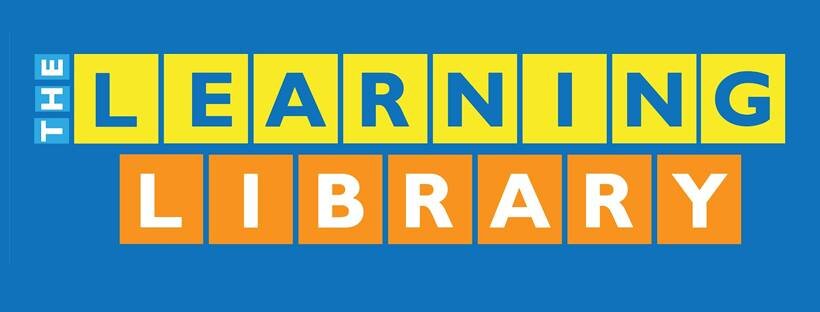How do I help my child improve in reading comprehension?
Jason Renz Barrios, Researcher
Effective reading takes more than just reading the words in a sentence perfectly, it must also come with comprehension. After a child learns the fundamental phonological skills of decoding letters into words, the next step is to make sense of these words in a sentence. A child must be able to recognize words, sentences, and paragraphs in a text and comprehend its overall meaning. Reading comprehension is the ability to process the meaning behind the written texts and understand the idea it is trying to convey.
Poor reading comprehension can affect a child's academic performance. Children who struggle with reading comprehension, tend to have poor grades and low learning self-confidence. But reading comprehension is a skill that can be improved through constant practice. Here at the Learning Library, we help children build confidence in reading for both learning and pleasure, and develop their comprehension skills through exposure to a wide variety of exercises and reading materials.
Developing reading comprehension is a vital part of a child's progress in learning. As a parent, there are various ways you can help your child improve their reading ability and make them understand better what they've read. We talked to Teacher Ryce Calunsag, program development director of THE LEARNING LIBRARY, to give us tips on helping children improve their reading comprehension. Here are some of them:
Build your child's vocabulary
Knowing the meaning of every word in a sentence is fundamental in reading comprehension. Your child must have enough vocabulary to understand a text they are reading. You can help your child boost their vocabulary by making them read for at least 20 minutes a day. This will make them discover new words and their meanings. Talking to people also helps build their vocabulary, as it allows them to use the words they've learned properly in a sentence.
Provide books appropriate for their level
Comprehending a text for a child can be difficult, especially if it is not appropriate for their level. Make sure what they read isn't too difficult for them. Becoming a good reader takes a lot of practice. Reading a book too complex for their understanding might only frustrate them. Find suitable reading material for their age and reading ability. This will make their reading practice undemanding and can also build their interest in reading.
Expose them to a variety of texts
A child that is a wide reader, is a child that has great reading comprehension. Broaden your child's reading interest by encouraging them to read more types of reading materials aside from what they already know. There are a variety of reading sources available, you can buy them picture books, poetry collections, and graphic literature. If they are proficient enough, they can try reading more complex texts like articles and novels. Exposing them to a wide range of reading materials, helps them find the type of texts they might enjoy later on.
Read out loud
Some kids understand better when they hear the texts out loud than just merely reading it in their heads. This technique makes your child hear what they are reading and allows them to process slowly the meaning of the texts. You can also take turns reading it to them aloud. In this way, they are not only practicing their reading skills but also their listening skills as well.
Note-taking helps!
Have a habit of notetaking the words and concepts they do not understand. Encourage them to note down questions on what they didn't understand while reading a text. Help them look for the meaning of the unfamiliar words using a dictionary and revisit with them the confusing sections of the texts. Then, explain thoroughly what they struggle to understand. This will make them remember what they've learned, and keep track of the things they need to improve on.
Talk about what they've read
After a reading session, discuss with your child what they have just read. Recap important points and summarize the ideas from them. Ask questions about the text that will allow them to reflect and generate their thoughts.
Give them a reading companion
For your child to improve their reading and comprehension skills, they need someone that will guide them throughout their reading progress. At home, you can be their reading companion or you can assign a family member that will be there to help your child.
“Reading is a skill, which means you have to build it through practice,” says Teacher Ryce. The best way to improve reading skills and comprehension is through constant practice of reading. The tips mentioned above will help your child in overcoming troubles in terms of understanding what they've read. Your encouragement and support will be important in their improvement.
To further develop your child's reading skills and comprehension, look for programs that will give them the right guidance and motivate them into reading. At THE LEARNING LIBRARY, teachers provide students with proper assistance in boosting their reading skills and equip them with the much-needed competencies for them to improve their comprehension. Find details of its reading programs in English and Filipino by visiting www.learninglibraries.com or sending a message to inquiries@learninglibraries.com.
